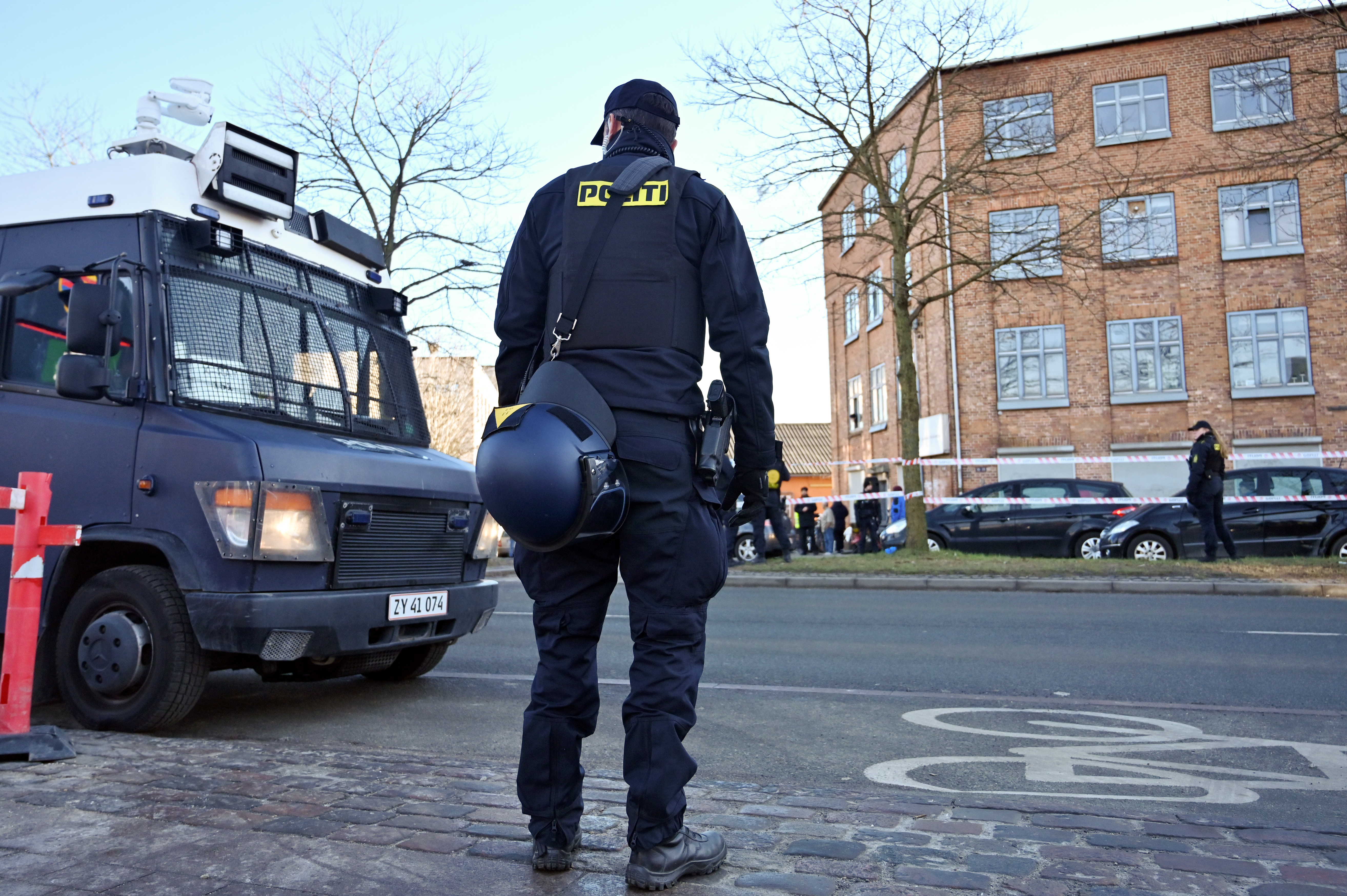
The Danish government presented a bill on Friday that could lead to a ban on burning the Quran in public.
Denmark’s Foreign Minister Lars Lokke Rasmussen, told Danish radio that the move sends an “important political signal” to the rest of the world.
Burning a Quran under the new law would be an act punishable by fines or up to two years in prison.
Peter Hummelgaard, the justice minister, explained that the proposed law is intended to be written into the same regulation that currently bans the desecration of other countries’ flags.
The Danish law would prohibit the “improper treatment of objects of significant religious significance to a religious community”, he said.
Hummelgaard, speaking at a press conference, said that a spate of recent Quran burnings were “senseless taunts” aimed to incite “discord and hatred”, adding that national security was the primary “motivation” for the ban.

The United States and United Kingdom governments recently announced that authorities in Denmark had disrupted a number of planned “terror” attacks and made arrests following the Quran burnings.
“We can’t continue to stand by with our arms crossed while several individuals do everything they can to provoke violent reactions,” Hummelgaard said.
The bill would make it a criminal offence to burn the Muslim holy book, the Bible or the Torah publicly.
It remains unclear when the proposal will be presented to the 179-seat Danish Parliament.
The three parties in the governing coalition control 88 seats and are also supported by four politicians representing the semi-independent Danish territories of Greenland and the Faroe Islands.
Recent Quran burnings in Denmark and Sweden
In recent months, several copies of the Quran have been burned by far-right protesters and Islamophobic agitators in Denmark and nearby Sweden.
Denmark, one of the most secular countries in the world, scrapped blasphemy laws in 2017.
Sweden also has no blasphemy laws in place.
The provocative stunts, considered sinful by the Muslim world, have spurred anguish in several countries, where many have urged European governments to take stronger action and prevent the incidents.
In July, hundreds of protesters stormed the Swedish embassy in Baghdad in response to a planned Quran burning outside the Iraqi embassy in Stockholm, the Swedish capital.
The Swedish government recently ruled out any sweeping changes to its freedom of speech laws but repeated it would look into measures that would allow police to stop the burning of holy books in public if there is a clear threat to national security.







